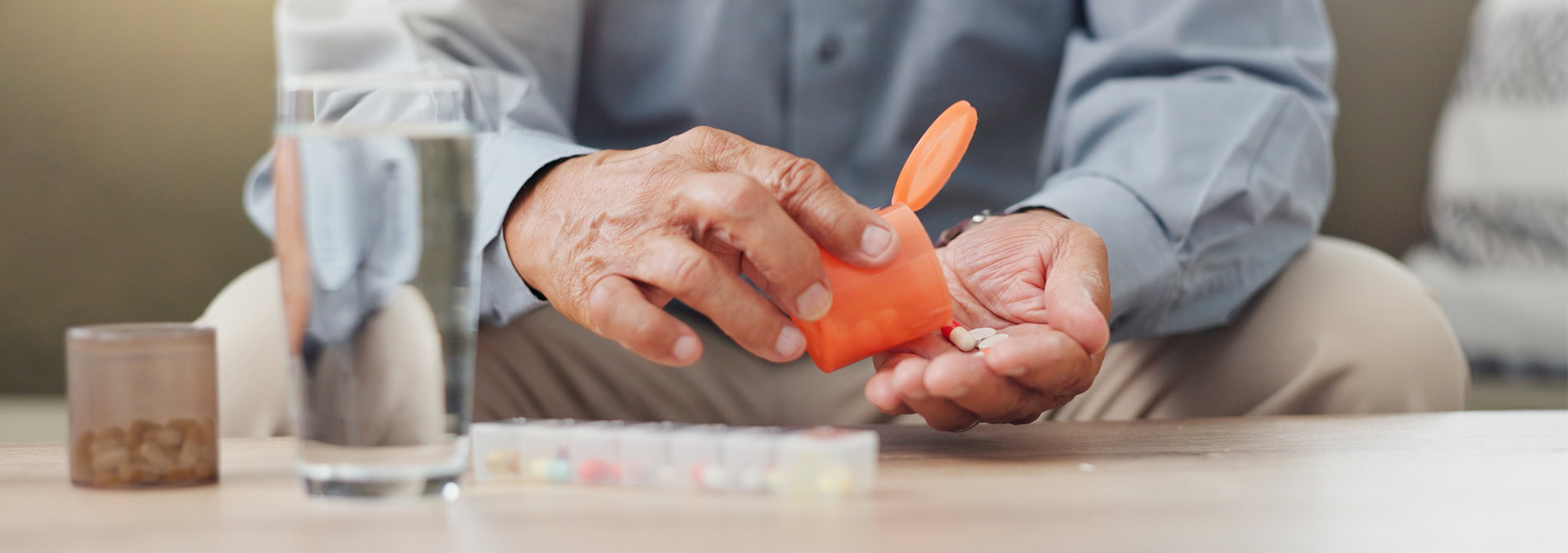How long have you been living with an alcoholic? If you’re here right now, it’s likely been more time than you want to think about. You’ve seen the harm it’s done to your relationship, to your family, and even to your health and well-being. While we often discuss the impact of addiction on the addict, today let’s talk about its impact on you and what steps you can take to safely respond.
Living with an alcoholic spouse can lead to some harmful responses in the form of blaming yourself for the drinking, attempting to control it, and hiding it or minimizing its impact when you and your spouse are around friends, family, and coworkers. Creating helpful responses to it, including recognizing the factors affecting alcohol abuse, remembering you’re only in control of your own actions and taking steps to get informed on where to find suitable treatment, are ways to reduce the addiction’s impact on your health and well-being.
If you or a loved one need help, call our admissions team today at 561-841-1033.Harmful Response: I blame myself for the drinking.
It’s your fault, you tell yourself. Something you did or said or forgot to say or do triggered the excessive drinking once upon a time or every time it happens. You repeat those messages of blame to yourself as if taking responsibility for the addiction will somehow lessen the issues it creates.
Helpful Response: I know alcohol abuse has many factors.
You can tell what’s influencing the drinking, and you know it’s not really a shortlist or the cause of one person, or one moment, or one comment. You’re living with a person who’s dependent on abusing alcohol to cope with issues, some you can’t even see and don’t get revealed. While you’re aware of what might trigger your spouse to drink heavily, you step back and recognize your presence is not what’s causing or adding to the addiction.
Harmful Response: I can control their drinking.
You’re routinely thinking of ways to add some distance between alcohol and your spouse. Your focus on limiting access to it consumes a lot of time and may be accompanied by attempts to redirect your spouse’s behavior with scolding comments when you see they’ve had too much. You may even avoid having any alcoholic beverages in your home or you may hide beer, wine, or liquor containers when your spouse is away.
Helpful Response: I am only in control of my behaviors.
You recognize your choices are only what’s within your control, and you choose to take care of yourself in all ways so you can respond to your spouse’s needs from a place of strength. You seek information to help you better understand the intricacies of addiction, and you rely on trusted resources for professional guidance on the subject. When you do offer help to your spouse, you remember to give it as an invitation, not an expectation.
Harmful Response: I can hide their drinking.
You want to mask your spouse’s drinking problems so you avoid parties, bars, family gatherings, or anywhere the drinking may be noticeable. You make excuses for it, attempting to explain it or justify it or even argue why it’s okay right now. You have normalized the abuse and possibly see it as a reflection of yourself so you want to make it look acceptable to everyone else.
Helpful Response: I can find help when I see them suffering.
You know your spouse is suffering and needs the kind of help only available through a treatment program. Your focus is no longer on how it looks to other people but how it’s profoundly affecting the lives of you and your spouse. You are willing to look seriously at options for treatment and you realize it will take more than a suggestion from you for your spouse to take it seriously, too.
Hanley Center is a well-known care provider offering a range of treatment programs targeting the recovery from substance use, mental health issues, and beyond. Our primary mission is to provide a clear path to a life of healing and restoration. We offer renowned clinical care and have the compassion and professional expertise to guide you toward lasting recovery.
For information on our programs, call us today: 561-841-1033.




